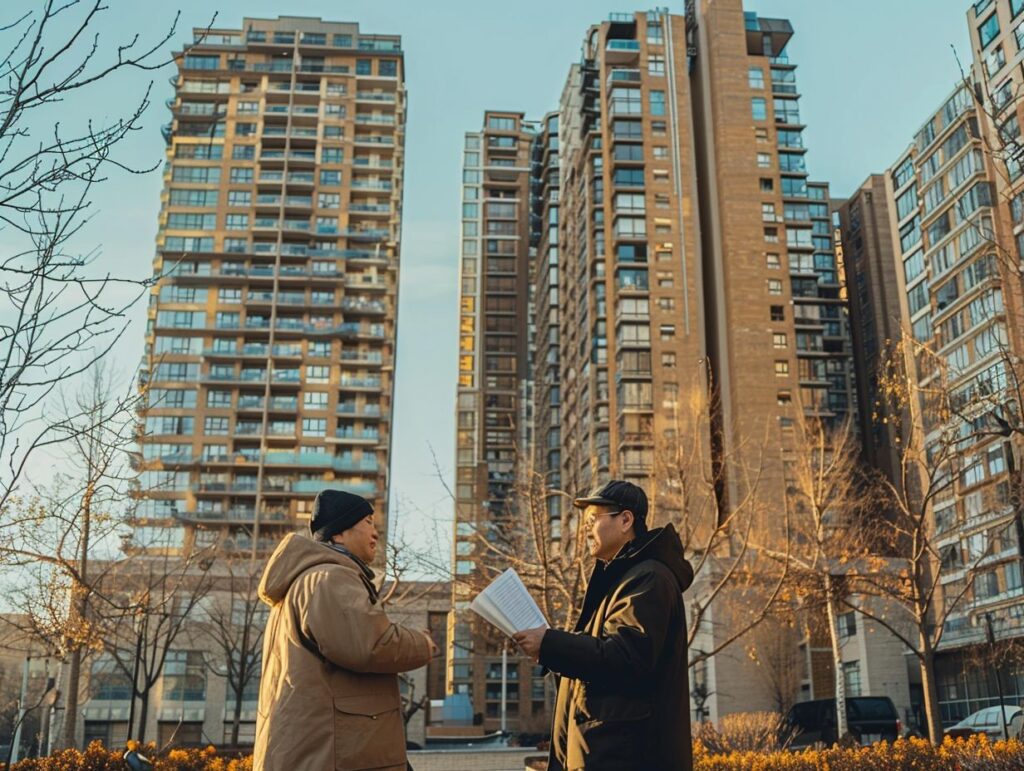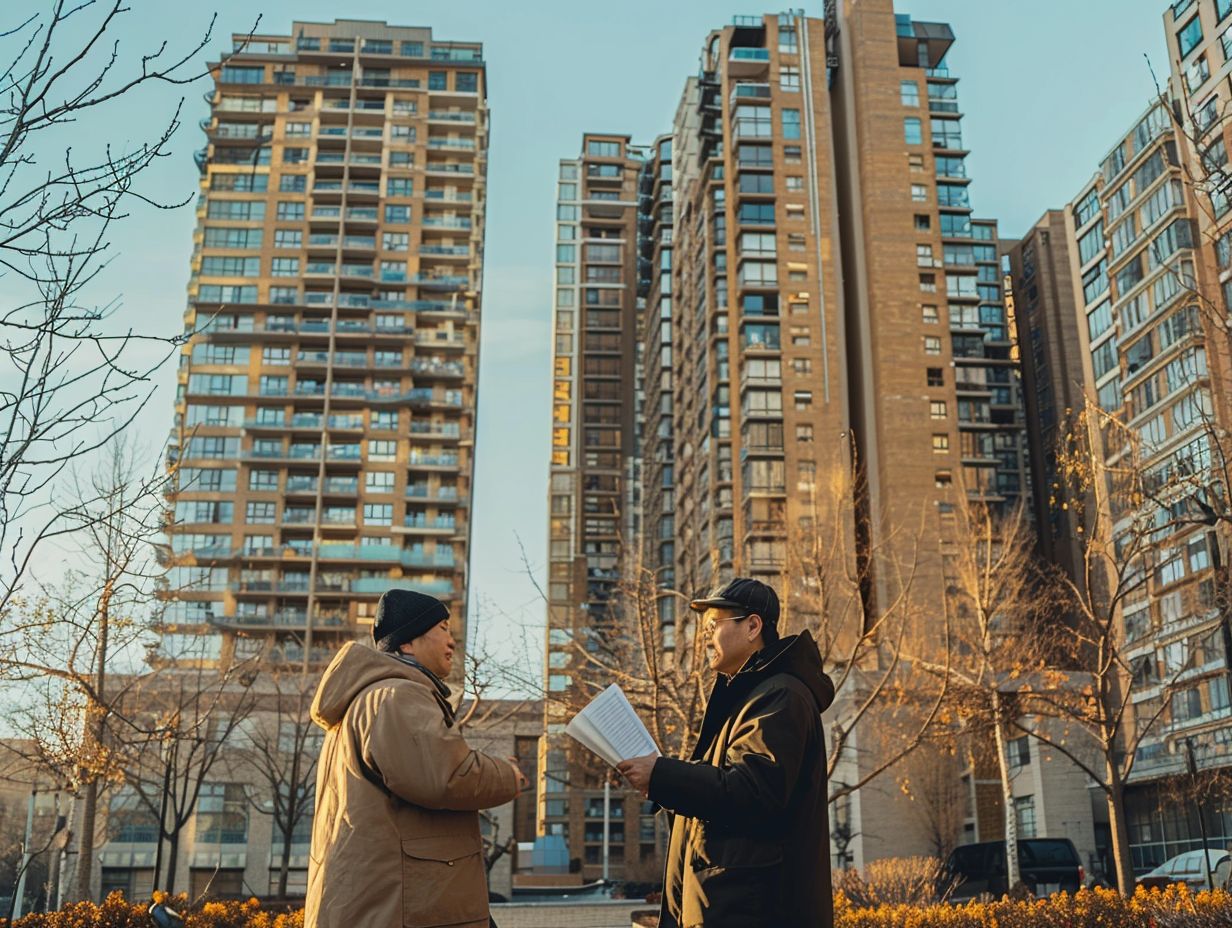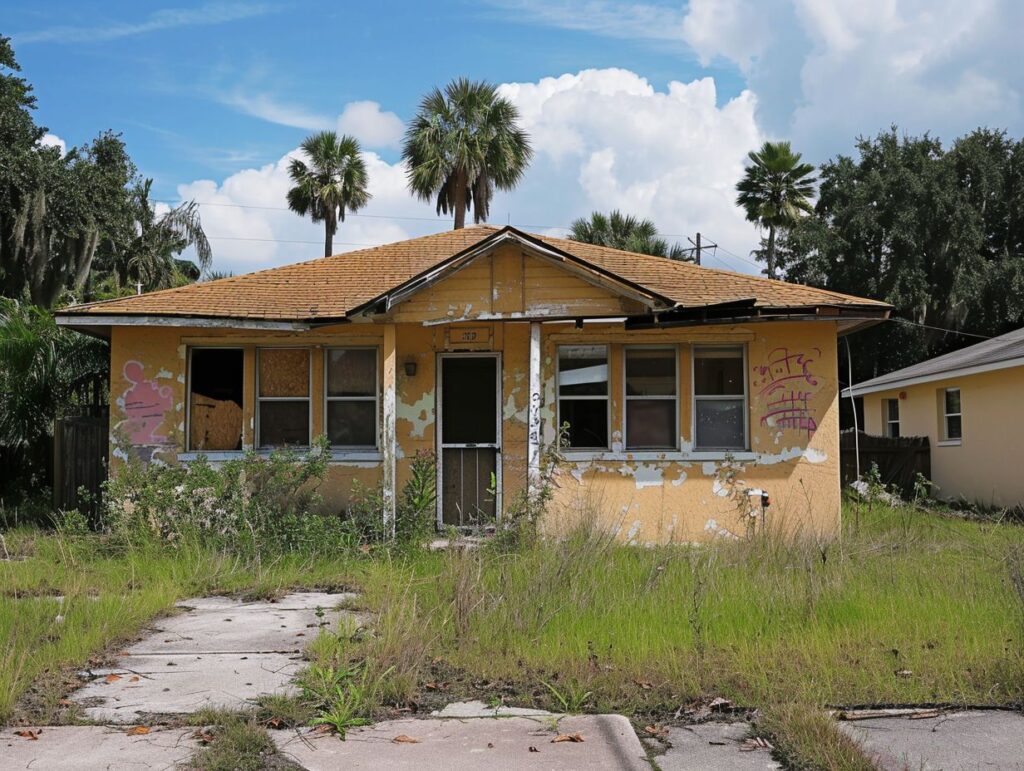Condominium living in Florida can come with its own set of challenges, including disputes that may arise between neighbors or with the condominium association. From maintenance issues to disagreements over noise levels, these disputes can quickly escalate if not handled properly.
We will explore the common types of condominium disputes, steps you can take to resolve them, and the legal rights of condominium owners in Florida. Find tips on how to avoid future disputes and maintain a harmonious living environment. If you’re facing a condominium dispute or want to prevent one in the future, keep reading to learn more.
Key Takeaways:
- Communication is key to resolving condominium disputes in Florida.
- Mediation and filing a complaint with the association are effective steps to take.
- Know your legal rights as a condominium owner in Florida to protect yourself during disputes.
What Steps Should You Take to Resolve Condominium Disputes?
To effectively resolve condominium disputes, homeowners and associations should follow a structured approach that includes:
- Direct communication: Addressing the issue directly with the party involved to discuss and attempt to resolve the conflict amicably.
- Seeking mediation: Engaging a neutral third party to facilitate discussions and help reach a mutually acceptable resolution.
- Filing complaints with the condominium association: Bringing the matter to the attention of the condominium association for internal resolution procedures.
- Pursuing legal action: Taking legal steps if all other methods fail to resolve the dispute satisfactorily.
1. Communicate with the Other Party
The initial step in resolving condominium disputes involves direct communication with the other party to comprehend their concerns and work towards a mutually acceptable resolution.
Effective communication plays a crucial role in navigating disagreements and finding common ground. One approach to initiating these vital discussions is to enter them with an open mind and a willingness to listen. Establishing a safe and respectful environment where both parties feel acknowledged and understood is essential.
To sustain a constructive dialogue, emphasis should be placed on active listening, empathy, and avoiding premature conclusions. Encouraging open and honest communication can be achieved by posing clarifying questions and summarizing to ensure mutual comprehension.
2. Seek Mediation
If direct communication does not resolve the issue, the next step is to seek mediation, where a neutral third party helps facilitate a resolution through Alternative Dispute Resolution (ADR) methods.
The mediator plays a crucial role in guiding the parties towards a mutually beneficial agreement, ensuring that each party’s interests are considered. They do not impose decisions but rather assist in exploring options and finding common ground.
Mediation offers a structured and confidential environment where disputes can be addressed constructively, promoting open communication and understanding between the parties involved. By opting for ADR methods like mediation, individuals can avoid lengthy and costly litigation processes, saving time and resources while fostering amicable solutions to condominium disputes.
3. File a Complaint with the Condominium Association
If mediation efforts are unsuccessful, homeowners have the option to file a formal complaint with the condominium association in order to seek resolution of the dispute.
To begin the process of filing a formal complaint, homeowners must carefully adhere to the association’s specific guidelines as laid out in the governing documents.
This usually entails submitting a written complaint that outlines the issue, providing any relevant evidence or documentation to support their claims, and meeting any deadlines established by the association.
Documentation such as communication records, photographs, contracts, and other pertinent information may be necessary to bolster the case. Once the complaint has been submitted, the association will investigate the matter, conduct hearings if needed, and ultimately render a decision or resolution on the dispute. Potential outcomes of a formal complaint may include financial compensation, repairs, policy changes, or other corrective measures to address the issue in question.
4. File a Lawsuit
As a final option, if all other methods prove ineffective, homeowners may have to resort to filing a lawsuit to address their condominium disputes, which will involve hiring legal representation and potentially going to court.
Navigating the legal process for initiating a lawsuit can be intricate and time-consuming, necessitating thorough documentation of evidence and adherence to strict procedural regulations. In such circumstances, seeking experienced legal counsel is vital, as seasoned attorneys can provide strategic advice, evaluate the case’s validity, and effectively advocate for the homeowner’s best interests.
Ahead of initiating legal proceedings, it is crucial to contemplate the potential repercussions for all parties involved, including financial expenses, time commitments, and the impact on relationships within the condominium community.
What are the Legal Rights of Condominium Owners in Florida?
Condominium owners in Florida are entitled to specific legal rights that are protected under Florida Statutes and the governing documents of their association. These rights ensure that they can enjoy their property and participate in association matters.
1. The Right to Access Common Areas
Condominium owners are entitled to access and utilize common areas according to the Florida Statutes and the governing documents of their association.
Common areas usually consist of amenities like swimming pools, fitness centers, and recreational spaces that are shared by all residents. This access to communal areas plays a vital role in building a sense of community and encouraging social interaction among neighbors.
Owners should understand that this entitlement also entails certain responsibilities, such as adhering to the rules and regulations established by the condominium association to guarantee the safety and enjoyment of all residents.
2. The Right to a Safe and Livable Unit
Condominium owners have the right to a safe and habitable unit, as safeguarded by state laws and the association’s obligation to upkeep the property.
Maintaining safety and habitability in a condominium complex is a crucial responsibility of the association. Issues that could undermine these rights typically involve lapses in maintenance, insufficient security measures, and neglecting environmental hazards.
If a unit’s condition is subpar, owners can address the problems by reporting concerns to the association, documenting the issues, and seeking legal advice if needed. It is important for owners to be aware of their rights and duties to maintain the quality of life within their shared community.
3. The Right to Vote in Association Matters
Condominium owners have the right to vote on association matters, including elections and significant decisions that affect the community, as outlined in the governing documents.
Voting rights play a crucial role in ensuring that owners have a say in the direction and management of their community. By actively participating in elections and decision-making processes, owners can have a direct impact on policies, budgets, and rules that shape the living environment.
The process of exercising these rights often involves attending meetings, casting votes on various issues, and engaging in discussions with fellow owners. Engaging in association governance not only give the power tos individuals but also fosters a sense of community and accountability among residents.
4. The Right to Receive Financial Information
Owners have the right to receive comprehensive financial information, including financial records, meeting minutes, and budgets, to promote transparency and accountability within the association.
This access to financial data enables owners to stay informed about the financial well-being of the association and make informed decisions. Various types of financial information, such as income statements, balance sheets, and cash flow statements, are crucial for owners to assess the financial stability of the association.
Detailed meeting minutes offer insights into important decisions and discussions that influence the financial management of the association. Owners can request this information by submitting a formal request to the association’s board or management company.
How Can You Avoid Condominium Disputes in the Future?
To prevent condominium disputes down the line, homeowners are encouraged to:
- Become acquainted with the governing documents
- Engage in effective communication with neighbors
- Take an active role in association meetings and community activities
1. Read and Understand the Condominium Documents
One of the most effective ways to avoid disputes is to thoroughly read and understand the condominium governing documents, which outline the rules, responsibilities, and rights of homeowners.
By focusing on key sections such as the bylaws, declaration of covenants, conditions, and restrictions, and the articles of incorporation, homeowners can gain valuable insights into their rights and obligations within the community.
Understanding these documents not only helps in resolving conflicts proactively but also ensures that homeowners are aware of the regulations governing their property. In case of confusion or the need for clarification, residents can reach out to the homeowner’s association, legal professionals specializing in real estate law, or even attend community workshops focused on explaining governing documents.
2. Communicate and Cooperate with Your Neighbors
Maintaining open lines of communication and fostering a cooperative relationship with neighbors can significantly reduce the likelihood of disputes and create a more harmonious living environment.
Engaging in regular conversations with neighbors can help build trust and understanding, making it easier to address any potential issues before they escalate. Simple gestures like greeting them warmly, offering help when needed, or organizing community events can go a long way in fostering positive relationships.
When disagreements do arise, it’s essential to approach discussions with empathy and active listening. Seeking to understand the other person’s perspective can often lead to finding mutually beneficial solutions and maintaining a respectful atmosphere within the neighborhood.
3. Attend Association Meetings and Stay Informed
Regularly attending association meetings and staying informed about community issues, decisions, and changes can help homeowners avoid disputes by ensuring they are aware of and involved in important association matters.
Being actively engaged in these meetings also offers opportunities to voice opinions, provide feedback, and contribute to the decision-making process. By participating, homeowners can shape the direction of their community and influence policies that impact their daily lives.
Staying informed between meetings through newsletters, emails, and community forums allows residents to stay up-to-date on developments and upcoming decisions, fostering a sense of connection and unity among neighbors. Active participation not only benefits individual homeowners by give the power toing them with knowledge and a voice but also strengthens the community as a whole, promoting transparency and harmony.
Frequently Asked Questions
What is considered a condominium dispute in Florida?
A condominium dispute in Florida is any disagreement or conflict that arises between owners, tenants, or the condominium association in a condominium community. This can include issues related to maintenance, repairs, parking, noise, or any other disagreements between parties.
How should I handle a condominium dispute in Florida?
The first step in handling a condominium dispute in Florida is to try and resolve the issue through communication. This can involve talking to the other party involved or bringing the matter to the attention of the condominium association. If the dispute cannot be resolved through communication, legal action may be necessary.
What are the common types of condominium disputes in Florida?
Some common types of condominium disputes in Florida include disagreements over common area maintenance, noise complaints, parking issues, pet policies, and disputes between tenants and owners. Other disputes may include disagreements over renovations, use of amenities, and condo association fees.
Do I need a lawyer to handle a condominium dispute in Florida?
It is not always necessary to hire a lawyer to handle a condominium dispute in Florida. However, if the dispute cannot be resolved through communication and escalates to legal action, it is recommended to seek the advice of a lawyer who specializes in condominium law.
What steps can I take to prevent condominium disputes in Florida?
To prevent condominium disputes in Florida, it is important to familiarize yourself with the rules and regulations of the condominium community and to communicate effectively with other owners and the condo association. It is also important to address any issues or concerns promptly to avoid escalation.
What are my rights as an owner or tenant in a condominium dispute in Florida?
As an owner or tenant in a condominium dispute in Florida, you have the right to a fair resolution and to have your concerns addressed by the condo association. You also have the right to seek legal action if necessary, but it is important to follow proper protocols and procedures in doing so.


























Rate this article:
Average rating 0 / 5. Vote count: 0
No votes so far! Be the first to rate this post.
No Comments yet!